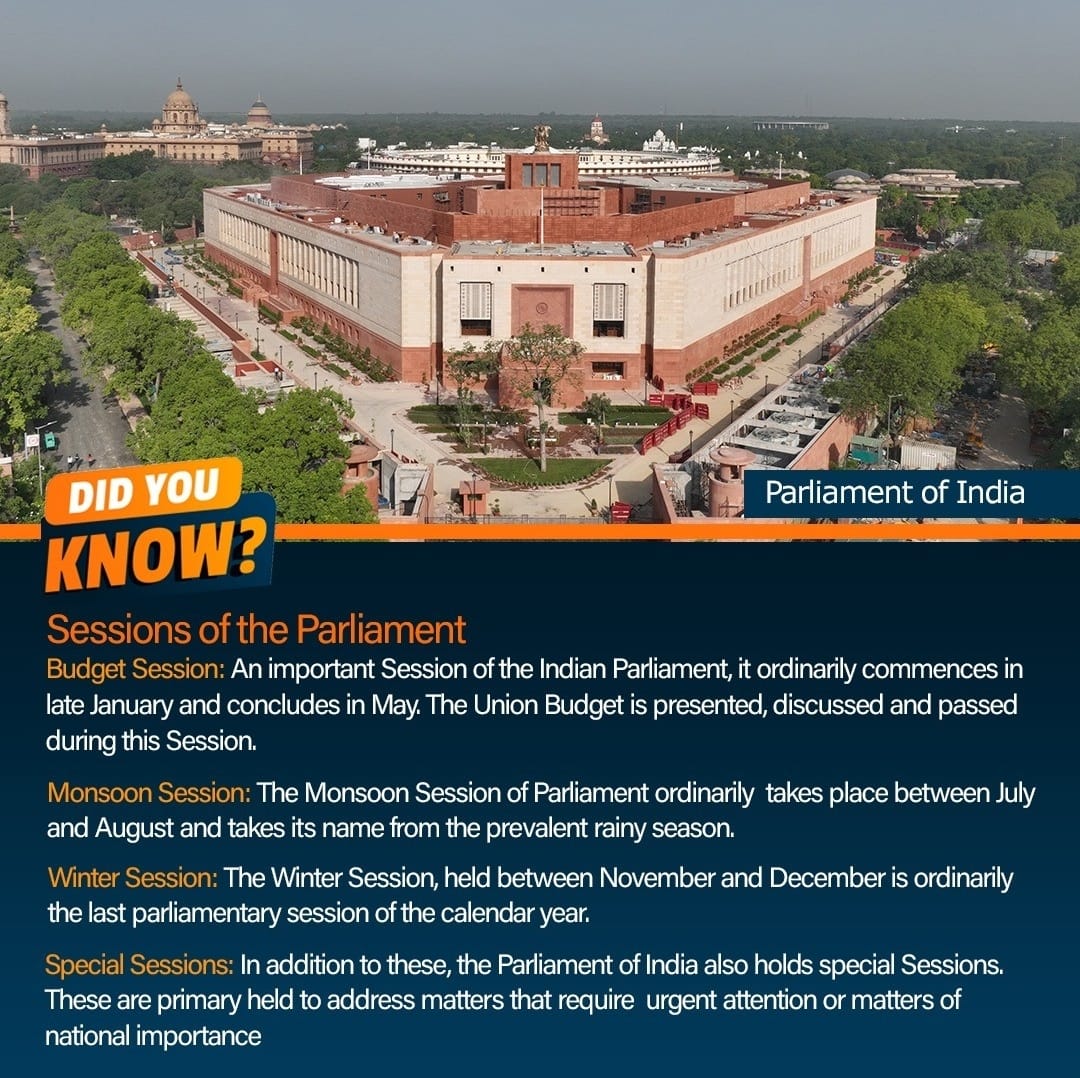Introduction:
The power of democracy in India is a remarkable aspect of the country’s governance system. Since gaining independence in 1947, India has adopted a parliamentary democratic system, with a federal structure that empowers its citizens to participate in the decision-making process and choose their representatives through free and fair elections.
Here are some key points that highlight the power of democracy in India:
Journalism plays a crucial role in upholding the principles
- Universal Adult Suffrage: India’s Constitution grants the right to vote to all adult citizens, regardless of caste, creed, religion, gender, or socioeconomic background. This inclusive approach ensures that every eligible citizen has an equal opportunity to participate in the democratic process.
- Multi-Party System: India has a vibrant multi-party political system. Numerous political parties, representing various ideologies and interests, compete in elections at national, state, and local levels. This diversity fosters healthy political competition and provides voters with a range of choices.
- Free and Fair Elections: India conducts periodic elections at both the national and state levels. These elections are managed by an independent and impartial Election Commission, ensuring the fairness and transparency of the electoral process.
- Role of Parliament: India’s Parliament, consisting of the Lok Sabha (House of the People) and the Rajya Sabha (Council of States), plays a crucial role in shaping the nation’s laws and policies. Members of Parliament (MPs) represent their constituencies and engage in debates and discussions on various issues affecting the country.
- Rule of Law: India’s democratic system upholds the rule of law, ensuring that all citizens, including elected officials, are subject to the same laws and legal processes. The judiciary acts as an independent body that interprets the law and protects citizens’ rights.
- Fundamental Rights and Freedoms: India’s Constitution guarantees fundamental rights and freedoms, such as the right to freedom of speech, expression, and religion. Citizens can peacefully protest, criticize the government, and engage in activism without fear of persecution.
- Peaceful Transfer of Power: India has a tradition of peaceful transfer of power from one elected government to another. After each election, the ruling party peacefully hands over control to the newly elected representatives, promoting stability and continuity.
- Grassroots Democracy: India also practices decentralized governance through the Panchayati Raj system, where local self-governing bodies (gram panchayats) are empowered to make decisions on local issues. This strengthens participatory democracy at the grassroots level.
- Media Freedom: India has a vibrant and independent media that plays a crucial role in keeping citizens informed and holding the government accountable. A free press contributes to the dissemination of information and encourages public debate.
Despite its challenges, India’s democracy has proven to be resilient and dynamic, giving its citizens a voice in shaping the nation’s future. The power of democracy in India lies in its ability to foster a sense of ownership, inclusivity, and active participation among its diverse population.



